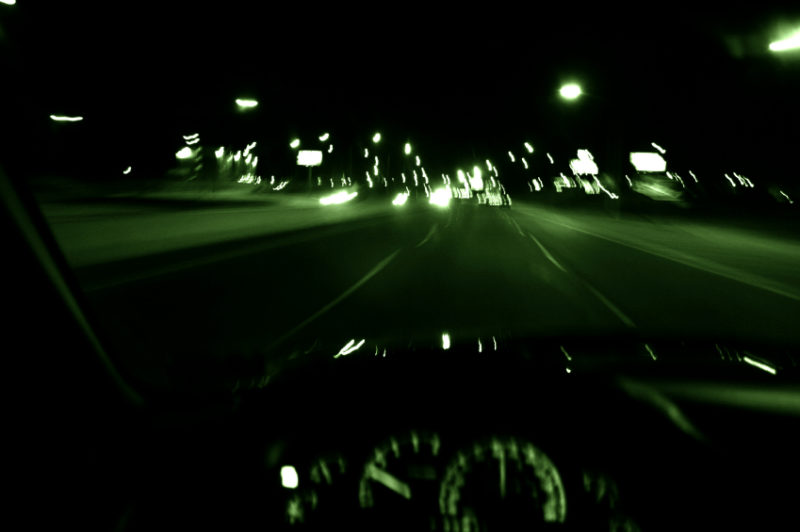When the police stop a suspected DWI offender in Syracuse, rarely is the motorist required to undergo a blood test. Typically, an officer will tell the suspected offender who appears to be drunk to get out of the vehicle, walk a straight line and recite the alphabet. If the suspect fails those tests, the police officer usually asks the suspect to blow air into a device that measures alcohol in the blood, called a breathalyzer.
A blood test is a fall-back measure, an option for when a suspected DWI offender refuses
to take a breath test. In New York State there is an implied consent statute which states that any person who operates a motor vehicle in the state shall be deemed to have given consent to a chemical test of one or more of the following: breath, blood, urine, or saliva, for the purpose of determining the alcoholic and/or drug content of the blood. Thus, you give consent to a chemical test simply by driving in the state.
The most accurate and direct determination of a suspected DWI offender’s blood alcohol content (BAC) is obtained through analysis of a blood sample. There are several advantages of a blood sample over other kinds of BAC testing. Blood tests are relatively inexpensive, there is a reduced likelihood that the person administering the test can interfere with the results, and a blood sample, unlike a breath analysis, can be saved indefinitely. The disadvantages of a blood sample in DWI cases are that it takes longer to obtain the results of a blood test, and the procedure is more invasive and carries certain health risks.
In every state, including New York, refusing to take a sobriety test can result in the suspension or revocation of a suspected DWI offender’s driver’s license. In the case of Missouri v. McNeely, the Supreme Court considered whether it should set aside the requirement for search warrants to take blood tests from suspected DWI offenders. In the case, a state patrolman stopped Tyler McNeely for speeding about 2 a.m. on October 3, 2010 in Missouri. Mr. McNeely failed roadside sobriety tests and refused to take a breath test. Mr. McNeely faced a possible prison term because he had previous convictions for drunk driving. The officer took Mr. McNeely to a nearby hospital, and without stopping to request a search warrant, he told an orderly to take a blood sample from him. A lab reported Mr. McNeely’s blood alcohol level was .154 percent, nearly double the legal limit of .08 percent.
The Missouri Supreme Court eventually threw out the blood test evidence against Mr. McNeely, ruling that the officer should have obtained a search warrant. The Supreme Court suggested in its deliberation on the case that privacy safeguards of the Fourth Amendment required that such cases be decided on a case-by-case basis. The Court suggested that blood tests are more intrusive than breath tests and that in DWI cases where it would take too long for the police to obtain a search warrant for a DWI blood test, the requirement of a warrant might not be necessary.
The attorneys at the law firm of Nave DWI Defense Attorneys are experienced in handling DWI cases. If you need a lawyer who can help you obtain the best possible outcome in your Syracuse DWI case, call the law firm of Nave DWI Defense Attorneys.
The exclusive purpose of this article is educational and it is not intended as either legal advice or a general solution to any specific legal problem. Corporate offices for Nave DWI Defense Attorneys are located at 432 N. Franklin Street, Suite 80, Syracuse, NY 13204; Telephone No.: 1-866-792-7800. Prior results do not guarantee a similar outcome. Attorney Advertising.





